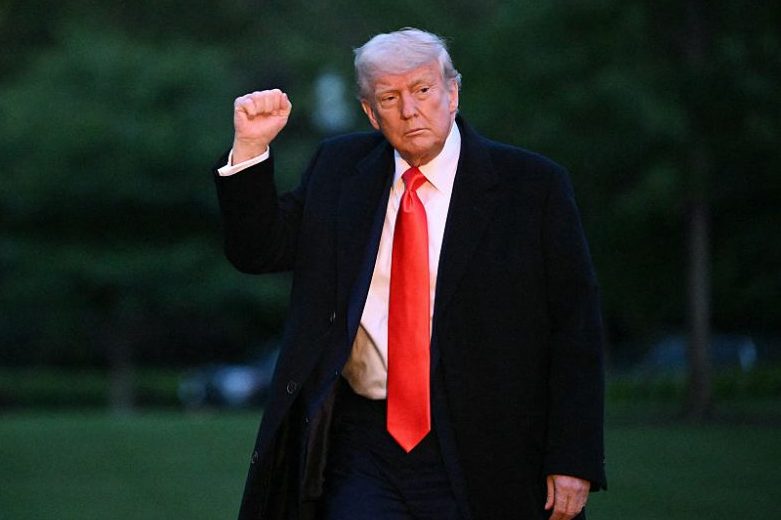The deals have been settled. The exceptions have been made. And supply chains have started to return to normal, while the stock market has recovered its losses. We may have thought the “tariff wars” were over. But President Trump has today resumed hostilities, threatening a fresh round of levies on the European Union. It seems the bloc is about to pay a very high price for not settling with Trump earlier.
The President was typically blunt. On his social media channel, he laid into the EU’s obstinacy over trade. “The European Union, which was formed for the primary purpose of taking advantage of the United States on TRADE, has been very difficult to deal with,” he thundered. The bloc’s, “powerful Trade Barriers, Vat Taxes, ridiculous Corporate Penalties, Non-Monetary Trade Barriers, Monetary Manipulations, unfair and unjustified lawsuits against Americans Companies, and more, have led to a Trade Deficit with the U.S. of more than $250,000,000 a year, a number which is totally unacceptable.” From the start of June, EU goods sold in the US will face levies of 50 percent.
European stocks plunged on the news, with Germany’s DAX falling by 2.2 percent and France’s CAC-40 by 2.6 percent. There is no surprise about that. The EU has a trade surplus with the US of €198 billion a year and many of the continent’s major exporters will now face big barriers exporting to their largest single market. It was one thing when the whole world faced American tariffs. But the situation has changed. The UK has negotiated a trade deal, so British goods will be down to just 10 percent. China has reached an agreement with the US that brings tariffs down to 30 percent – which should be manageable given how competitive it is on costs. Canada and Mexico are largely exempt, and Japan is expected to wrap up a deal very soon. The EU will be the only major bloc facing major tariffs in the American market.
The EU is paying the price for failing to get a deal across the line while it still could. Over the last few days, it offered a few minor concessions on imports of lobster from Maine, but that was about it. It refused to budge on agriculture, or cars, and even at the end of April it was still threatening Apple and Meta with huge fines as if everything was carrying on as normal. It complacently assumed it was in the clear and that President Trump was all bluster.
That has proved a fatal miscalculation. The American market will be open to goods from the UK, China, Canada, and probably soon Japan as well. But EU companies will face punitive levies. A Range Rover will face 10 percent tariffs, but a BMW 50 percent. Scottish or Canadian whisky will face modest levies, but cognac will be very highly taxed. And Ireland’s pharmaceutical industry, selling billions of dollars of medicines into the US market from offshore manufacturing hubs, could be wiped out. And the EU will only have itself to blame.
The EU could pay a high price for not settling with Trump
EU goods sold in the US will face levies of 50 percent

US President Donald Trump pumps his fist upon arrival at the South Lawn of the White House in Washington, DC, on May 22, 2025 (Getty)
The deals have been settled. The exceptions have been made. And supply chains have started to return to normal, while the stock market has recovered its losses. We may have thought the “tariff wars” were over. But President Trump has today resumed hostilities, threatening a fresh round of levies on the European Union. It seems the bloc is about to pay a very high price for not settling with Trump earlier. The President was typically blunt. On his social media channel, he laid into the EU’s obstinacy over trade. “The European Union, which was formed…

























Leave a Reply